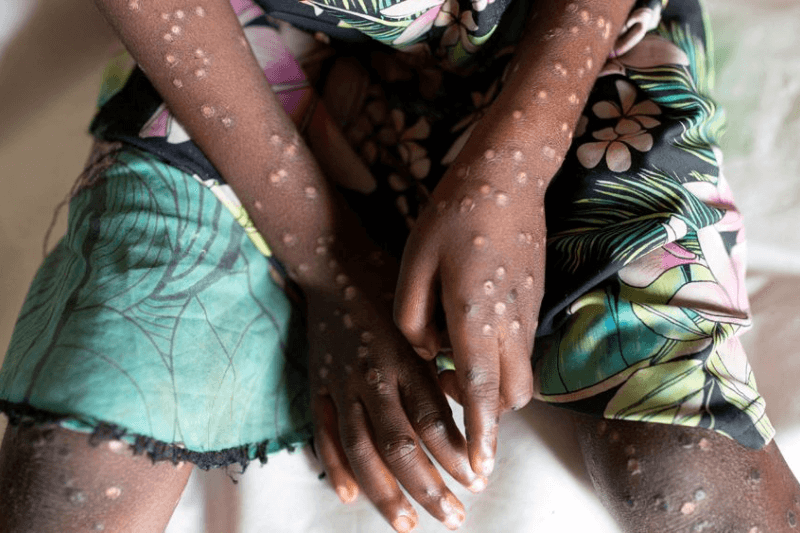Declared new outbreaks of monkeypox by Kenya and the Central African Republic, African health officials are rushing to stop the disease’s spread in an area without vaccinations.
Following a case discovered in a passenger arriving from Uganda to Rwanda at a border checkpoint in southern Kenya, Nairobi declared a fresh epidemic on Wednesday. Declaring a fresh epidemic on Monday, the Central African Republic said it was affecting its capital, Bangui.
A virus that starts in wild animals and sporadically leaps to humans, who can then transmit it on to other individuals causes monkeypox (MPOX). “We are quite concerned about the cases of smallpox that are ravaging Region 7 of the country,” said Pierre Somsé, Minister of Public Health of the Central African Republic on Monday.
Following an international epidemic in 2022 which the sickness expanded to more than 100 countries, MPOX gained global attention. For decades it has been endemic in some areas of central and west Africa. November saw the World Health Organization declare that it had firstly verified sexual transmission of MPOX in the Democratic Republic of the Congo. African scientists have cautioned that this might make containment of the illness challenging.
Although vaccines and treatments have helped to reduce monkeypox outbreaks in the West, they are almost nonexistent in other areas of Africa, where several nations have lately recorded outbreaks. With more than 12,000 cases and at least 470 deaths recorded in its biggest outbreak, Congo is the nation most severely struck on the continent. Last recorded as having an MPOX case in 2022, South Africa has also recorded an outbreak this year.
Keep Reading
Authorities in the Central African Republic, where infection is more widespread in outlying areas, have urged the people to help government initiatives to stop the disease from spreading. Comprising five countries, the East African Community regional bloc also sent a statement warning member states of the epidemic in Congo. Burundi among them has already verified three cases.
The Community’s deputy secretary-general, Andrea Aguer Ariik Malueth, asked the group’s partner states on Monday to “provide necessary information on the disease and take preventive measures.”

